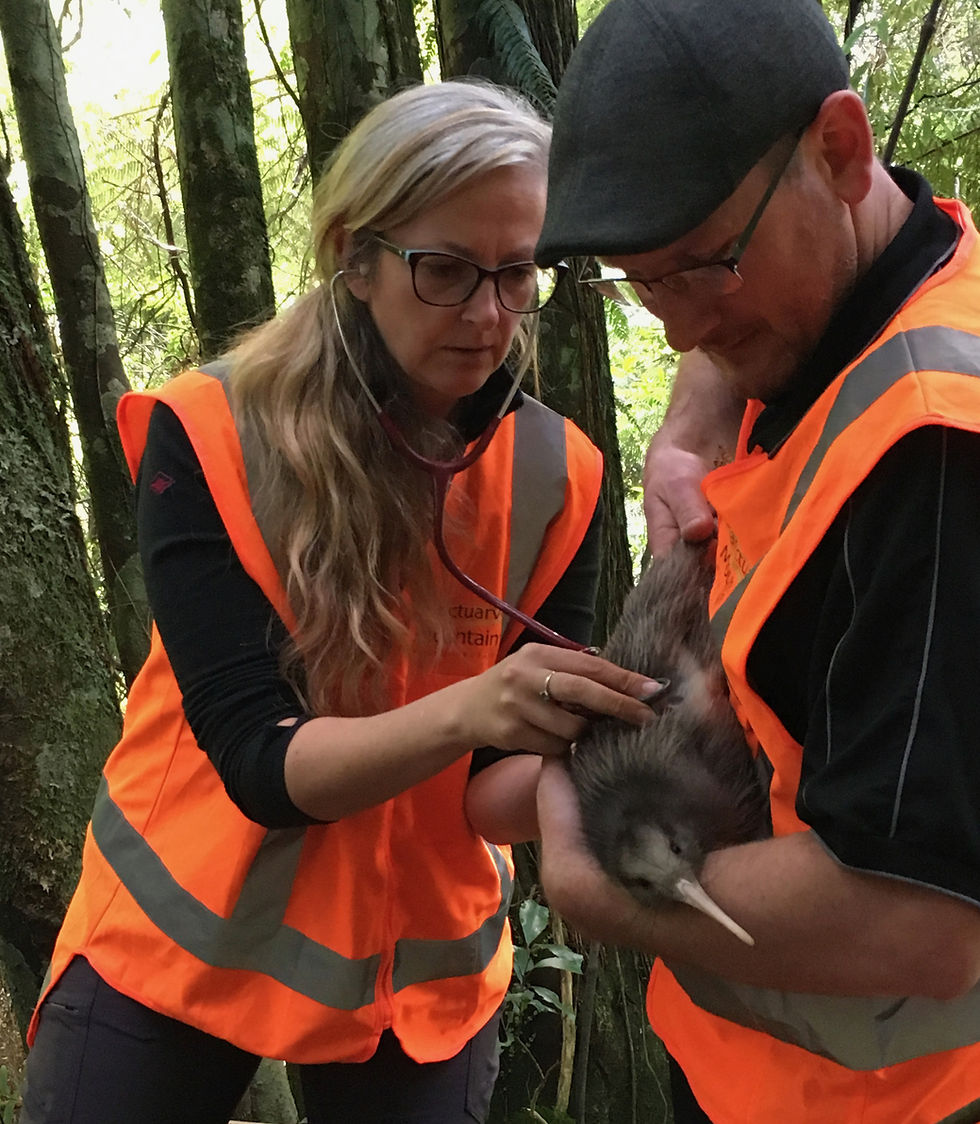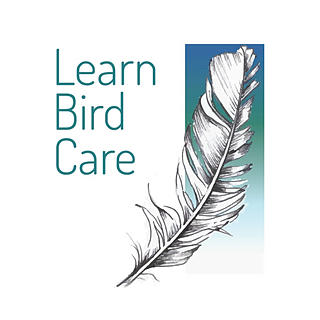How to get paid to work with wildlife
- Learn Bird Care
- Jun 19, 2020
- 3 min read
I sometimes get asked "How can I get paid work with wildlife?". I'd love to tell you it’s easy, but that’s not true in my experience. I've heard stories of new graduates that walk straight into zoo or wildlife jobs, but I can assure you that is not the norm!
When I was at vet school it was repeatedly stated that there was "no money or jobs" in wildlife – essentially the lecturers (with the best of intentions) told us not to bother trying. So I didn’t! I followed the experts’ advice and went out into small animal practice to "gain essential skills” and make decent money. Years went by and I forgot my dream to work with wildlife. What I gained was some great practical skills, a chance to travel and see the world, but what stopped me in my tracks was compassion fatigue and burnout – I just couldn’t reconcile my love for animals and the actual work I was doing, nor the point in doing it. Small animal practice has some great aspects to it, but it was not for me.

So, I “quit” veterinary for a few years and tried other things, but giving up working with animals didn’t feel right either. Eventually, I managed to get a job at Taronga Zoo in Sydney (in administration!) and started to volunteer part-time at the zoo vet hospital, which also had a large native wildlife rehabilitation unit. I then was offered a role at Wildlife Health Australia and this combination of practical work and wildlife health knowledge lit my fire! Suddenly I knew…and remembered… that I wanted to work with wildlife - everything finally made sense. This started my real career journey and I learned everything I could, attended conferences, asked lots of questions and finally took on a 3-year wildlife veterinary residency (Masterate) programme at Massey University’s “Wildbase” in New Zealand.

Admittedly, the stress didn’t stop: the long hours, difficult decision-making and the highs and lows of working with animals still existed. But working with wildlife for the purpose of conservation made sense of everything I experienced. I knew that I was in the right place, doing the right thing.
This didn’t mean I was getting well paid for it! Other than a few well-paid gigs here and there, since 2011 when I finished my training it has been very up and down financially. But I have never stopped loving what I'm doing, and money has not been the target. I have volunteered on various conservation projects, translocations and such over the years to upskill and meet people, and the networks of people I have met over time are invaluable for their wisdom, experience and friendship.

I am finally in a position now where the various jobs I take on mean I get paid to do what I love. I have been involved in many amazing projects with unique and endangered species and the fantastic people that work with them, and know I have found my calling. But I still do a lot for free! It’s just one of those things.
I’m not going to advocate “find your passion and then drop everything for it” because I think sometimes, we do need to be practical and pay the bills!

However, if you do find your passion and it feels like you're never going to get anywhere or get paid to do what you love, I have the following motto:
Never give up, but do surrender.
Why do I say this? Because sometimes I think we fight a bit too hard for what we want and it turns into resistance - that resistance may turn into negative aspects such as feelings of futility or hopelessness (...or perhaps people sense your desperation!). There is the saying that you get back what you put out into the world, so staying positive is essential through the tough times or when the hard slog doesn't seem to pay dividends straight away.

What we need to do is relax – not give up. Stay curious, connect with people doing the work you love, do what makes you feel more alive, do what makes you feel you are contributing to the world. Just keep showing up - you never know what wonderful opportunity is around the corner for you to be paid to do the work you love.
Written by Dr Janelle Ward
Wildlife Veterinarian & Co-founder of Learn Bird Care Ltd.
Learn Bird Care Ltd offers free and paid online training courses for the rescue and rehabilitation of wild birds: https://www.learnbirdcare.com/
To stay in touch and find out about new blog posts and courses as they are released, register for our free newsletter today and you will also receive our ' Basic Bird Rescue and Initial Care' booklet!






The sweetness and maturity of a Call Girl Delhi made my day brighter. Not only was she aesthetically pleasing, but she was also emotionally very understanding — the perfect combination of solace and sophistication.